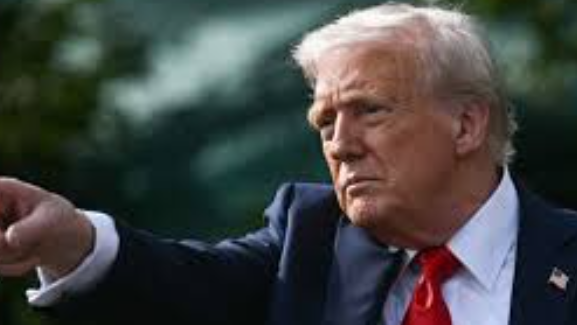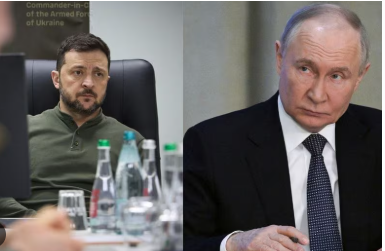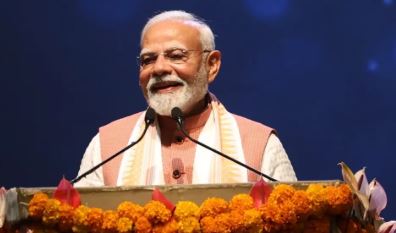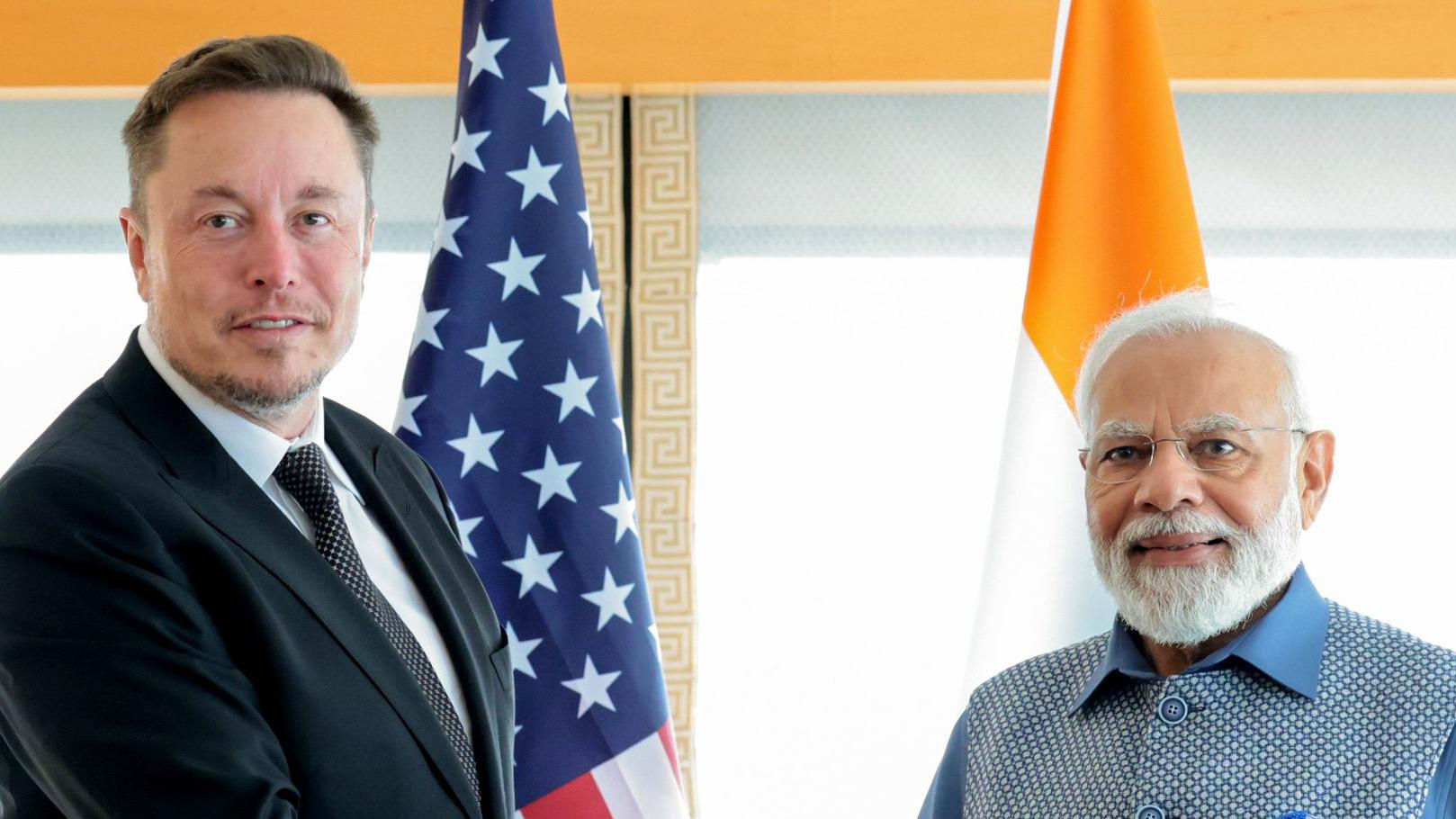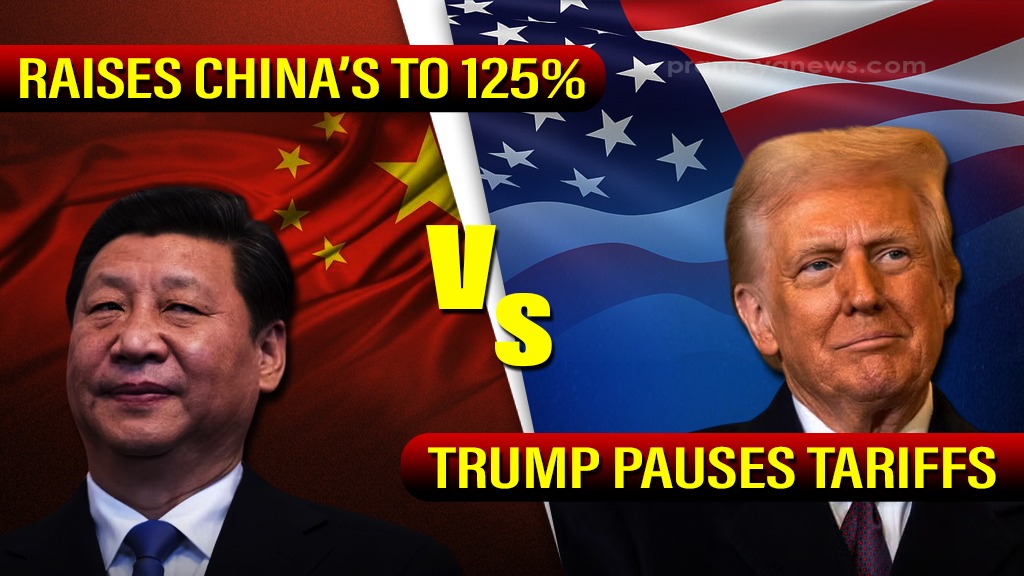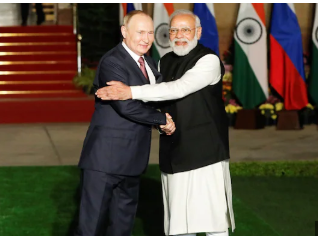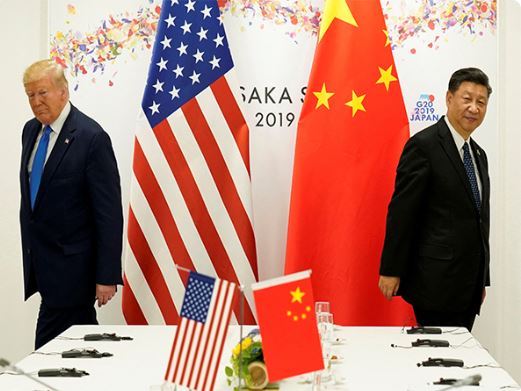Washington D.C: In a surprise move that could signal a major shift in the ongoing trade conflict between the United States and China, President Donald Trump on Tuesday announced that the towering 145% tariffs on Chinese goods would “come down substantially.”
Speaking at a White House press event, Trump clarified that while tariffs won’t be reduced to zero, the current rates — which have essentially frozen trade — are unsustainable. "It won’t be anywhere near that high," he emphasized, marking a departure from his previous hardline rhetoric.
The softened stance follows comments from Treasury Secretary Scott Bessent earlier in the day. Speaking at a JP Morgan Chase investment conference, Bessent reportedly described the current tariff landscape as effectively “embargoing” trade between the two superpowers. He added that the White House favors rebalancing trade rather than a full economic decoupling — a key clarification for investors.
Bessent’s remarks — confirmed by a source familiar with the event — immediately sparked a Wall Street rally, with the Dow Jones, S&P 500, and Nasdaq all hitting their intraday highs after the news broke. Optimism also rippled through Asian markets overnight: Hong Kong’s Hang Seng climbed 2.5%, Japan’s Nikkei 225 rose 2%, and South Korea’s Kospi added 1.5%.
Since the US-China trade war began, both countries have imposed historically high tariffs, crippling supply chains and raising fears of a global economic slowdown. China has so far responded in kind, recently lifting tariffs on American imports to 125%.
Trump’s comments suggest a potential recalibration of strategy — possibly under pressure from domestic industries and global market instability. While no timeline for tariff reductions was offered, the president’s messaging hints that backchannel negotiations may be progressing.
Market analysts say the latest shift could pave the way for a new round of trade talks or at least a cooling period in what has been one of the most disruptive trade disputes of the 21st century.








